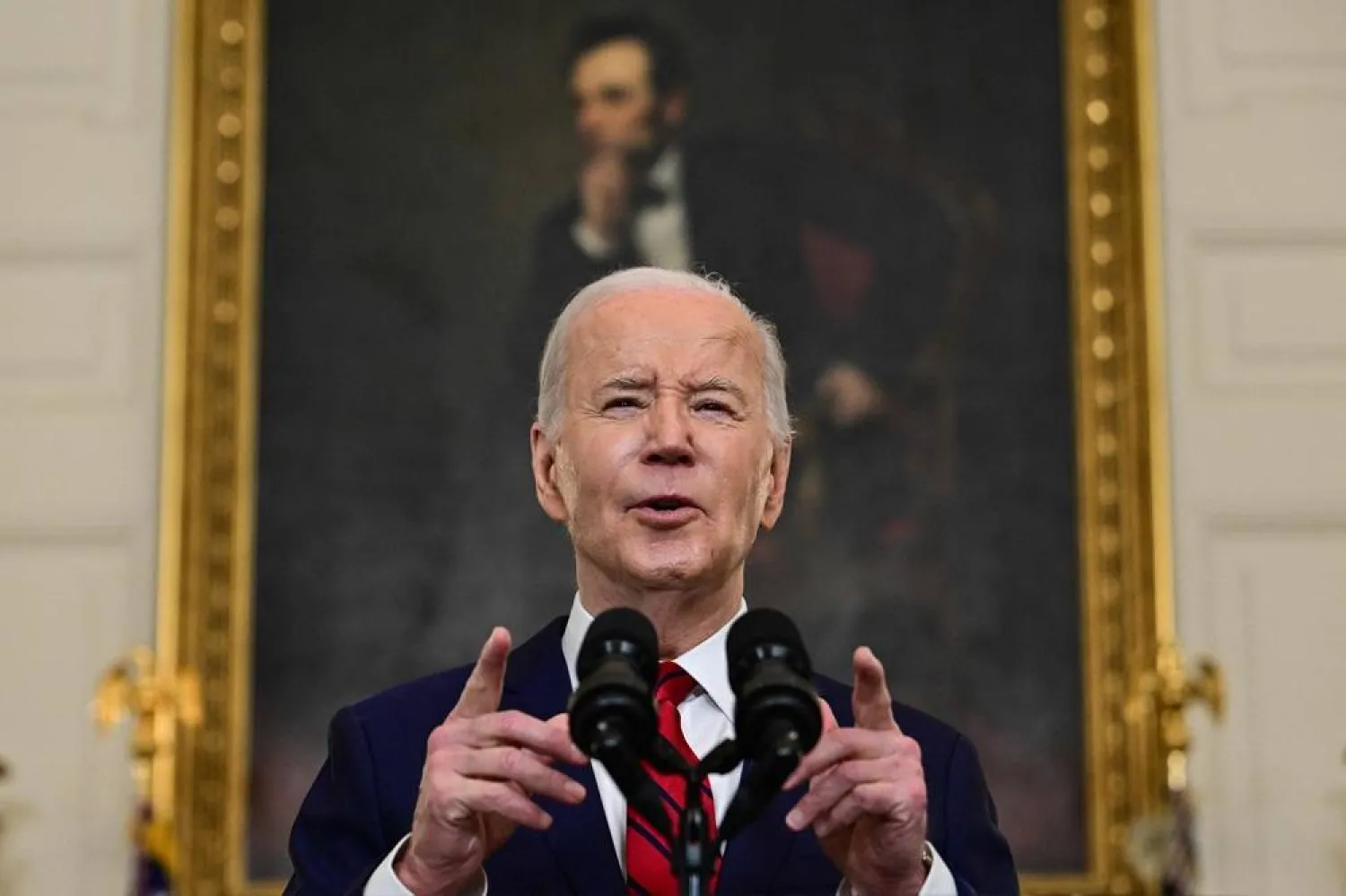President Joe Biden signed a hard-fought bill into law on Wednesday that provides billions of dollars of new US aid to Ukraine for its war with Russia, notching a rare bipartisan victory for the president as he seeks reelection and ending months of wrangling with Republicans in Congress.
"It gives vital support to America 's partners so they can defend themselves from threats to their sovereignty," Biden said, adding that the flow of weapons to Ukraine would start in the next few hours.
The bill includes $61 billion in aid to Ukraine and $26 billion for Israel, as well as $1 billion in humanitarian assistance to Gaza and $8 billion to counter China's military might.
Biden, a Democrat who is expected to face Republican former President Donald Trump in the November election, has pressed lawmakers for six months to approve more funding for Ukraine, which has been fighting a full-scale Russian invasion for more than two years. Trump objected to the Ukraine aid, and some Republicans in Congress refused to back it, questioning whether Ukraine could ever prevail.
"They’re a fighting force with the will and the skill to win," Biden said of Ukraine’s military, as he blamed "MAGA Republicans" loyal to Trump for blocking aid, referring to Trump's Make America Great Again slogan.
Biden also signed a separate bill tied to the aid legislation that bans TikTok in the United States if its owner, the Chinese tech firm ByteDance, fails to divest the popular short video app over the next nine months to a year.
The social media platform is particularly popular with left-leaning young Americans, a group crucial to Biden's victory in November.
Congress's stalemate on the Ukraine aid bill ended when the Republican-controlled House of Representatives abruptly changed course and approved four bills that included funding for Ukraine, Israel, Taiwan and other US partners in the Indo-Pacific on Saturday.
Biden and House Speaker Mike Johnson held intense talks about Ukraine in February and the president has both pleaded with Republicans to back the package and scolded them for not doing so. Johnson, who faces calls by some right-leaning Republicans to oust him for his turnaround on aid, met with Trump in Florida earlier this month; the former president said Johnson was "doing a really good job."
The US Senate followed the House on Tuesday evening, passing a sweeping bill that provides $61 billion in aid to the country, which has suffered setbacks in the war that supporters blame on the delay in getting the additional US funding.
"Congress has passed my legislation to strengthen our national security and send a message to the world about the power of American leadership: We stand resolutely for democracy and freedom, and against tyranny and oppression," Biden said in a statement after the Senate vote on Tuesday.
He said he would sign the bill on Wednesday.
Heather Conley, an expert on European affairs, said the victory for US allies and for Biden was tempered by effects that the delay has had for Kiev on the battlefield.
"This is a strong message of American leadership at a time of enormous instability, but the delay created cracks in that credibility," said Conley, president of the German Marshall Fund of the United States. "As we start rolling into the election, that credibility will continue to be under close scrutiny."
Biden has argued that he helped restore US credibility on the world stage after Trump's tumultuous four-year tenure, in part by strengthening the NATO alliance and providing a united front against Russian President Vladimir Putin.
Trump has argued for an "America First" policy and has threatened to let NATO allies fend for themselves if they do not increase their defense spending.
Biden's administration is already preparing a $1 billion military aid package for Ukraine, the first to be sourced from the bill, two US officials told Reuters.
Republicans who backed the aid package said it was not a vote for Biden but a reflection of their party’s values.
“Peace through strength. That's our tradition," Senator Dan Sullivan, a Republican from Alaska, said in a Senate speech. "To my Republican colleagues and friends in the Senate, our tradition is much more serious. It's prouder. And I will tell you this: It's much more supported by the American people. Peace through strength, not American retreat."









